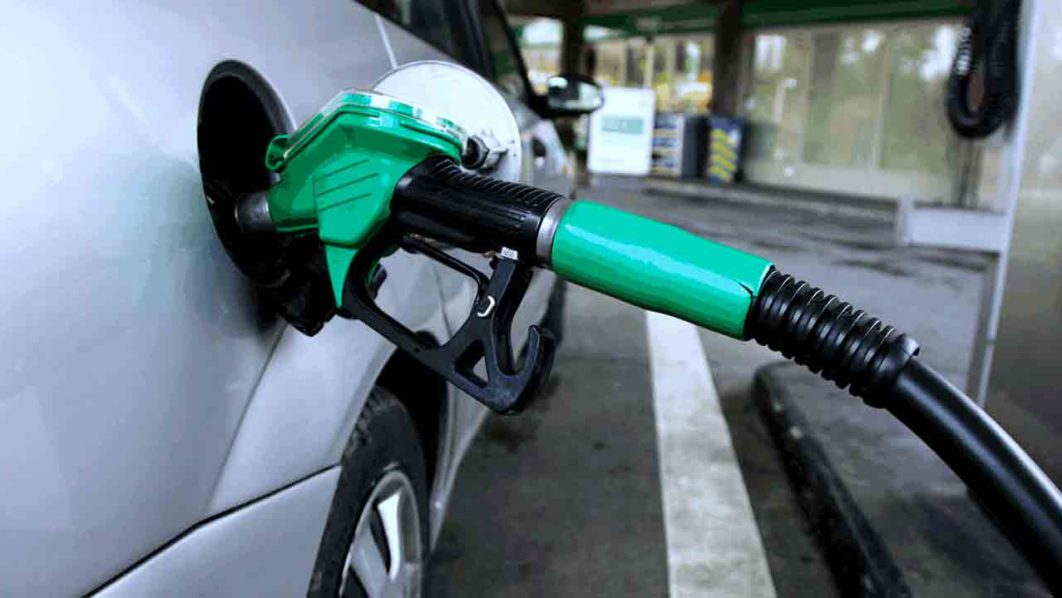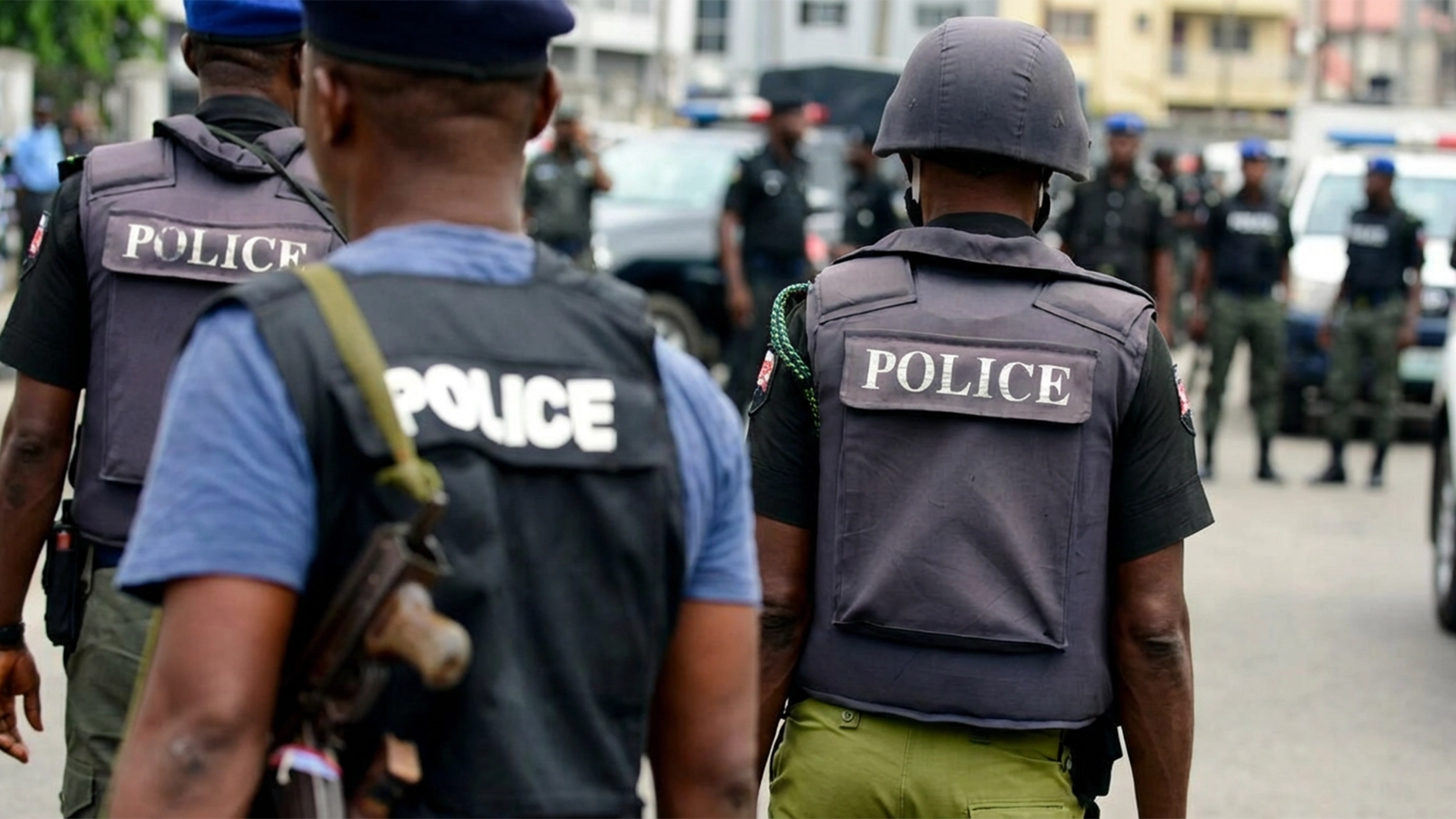
After two decades of waiting for indigenous supply, the shameful pricing row that heralded the rollout of petrol from Dangote Refinery mirrors the same malaise behind Nigeria’s inability to distil its abundant crude to meet local and regional needs. The appalling opacity handlers at the Nigerian National Petroleum Company Limited (NNPCL) ride on in this new era and unchecked by the current administration does not look good on the country. But beyond keeping mum in complicit negligence of commitment to the Nigerian citizens, the buck ends on the table of Mr President, who has also done himself no favours in doubling as the petroleum minister.
September 15, 2024 date should have been a day of national celebration of a major milestone in the belated quest for industrialisation and economic freedom. After a long wait, Dangote Refinery Limited is rolling out locally refined petrol following decades of 100 per cent dependency on petrol importation. Alas! The news items of the same morning headlined a bad vibe of the previous night when both the NNPCL and Dangote Limited could not reconcile the worth of the locally refined product. While the NNPCL claimed to have purchased PMS from Dangote at N898 per litre, excluding associated costs, the refinery debunked the claims of the sole off-taker. A known fact is that the pump price of petrol now ranges between N858 and N1200 per litre depending on the marketer and the place of purchase nationwide. Everyday Nigerians are therefore asking: what has changed?
Suffice it to note that the leap in pump price is not relatively new. After weeks of telling lies about the status of its huge financial burden amid glaring scarcity nationwide, NNPCL in August 2024 admitted indebtedness to suppliers and was in dire financial straits due to the cost of supplying PMS! While the landing cost of imported products hovers around N1,117/litre, NNPCL has been subsidising the shortfall to sell at N585/litre at its stations. Therefore, the insolvent NNPCL no longer subsidises petrol, which explains the unprecedented spike in the pump price.
A fortnight ago, this newspaper warned that Nigeria has its back against the petrol price wall, and for which Dangote petrol promises no substantial salvation. Nigeria has to choose between FG/NNPCL’s version of “energy security” – which means paying subsidy for importation and to Dangote, to have NNPCL play the PIA role of supplier of last resort – or have the sale of the product at prevailing market rate of over N1000 to N1,500-plus/litre, which promises to backfire in the tenuous economy and among a fed up masses that have no purchasing power to match the energy cost.
What Nigerians did not envisage is the cavalier manner in which the parties handled such a sensitive matter that has left the public the losers for it. Already, there is practically no difference in prices between the imported and the locally refined products at the stations. The relevant question is: how much is petrol at the Dangote Refinery and at what rate is it sold to NNPCL? Dangote’s denial of NNPCL’s disclosed rate is not a sufficient answer to that poser. Secondly, there is no clear position on the status of subsidy in the current dispensation of local refining of products. Is NNPCL paying a subsidy to Dangote or not? What is the capacity of Dangote Refinery and the required volume of Nigeria’s consumption of petrol daily, to warrant a fresh advocacy for importation? Lastly, why are the NNPCL and the Ministry of Petroleum, headed by the President, treating Nigerians with so much disdain, and seen as undeserving of the true state of affairs in the petroleum sector, and its pricing that could almost double in a twinkle of an eye but without an official statement from the authorities?
For a fact, the NNPCL is a government-led grand conspiracy against the public interest. That explains its mind-blowing opacity, impunity and beyond the scrutiny of the Executive. The NNPCL wants to sustain the subsidy regime via the undisclosed volume of supply, as much as Dangote – a sheer business concern – wants full control of the market. The two competing interests would explain the battle for supremacy between the two critical entities that should ideally exercise better cooperation for the national interest. But Nigerians deserve a lot more from this administration and that buck-passing stops at the table of President Tinubu.
In a chaotic economy where petrol is the oxygen that keeps all going – be it households, businesses or transport – a little surge in the pump price readily affects all aspects of the economy. The National Bureau of Statistics (NBS) reported that the country’s headline inflation dropped slightly to 32.15 per cent in August 2024, down from 33.4 per cent in July, signalling cautious optimism about the economy’s trajectory. However, with food prices continuing to be the major driver of inflation, this reprieve was fragile. Under normal circumstances, as Nigeria enters the peak of the harvest season, a further decline in inflation would have been anticipated due to an increase in food supply.
However, the recent spike in PMS prices and the persistent fluctuations in the foreign exchange rate threaten to derail this progress. The hike in fuel prices will compound inflationary pressure, making everyday items more expensive for the average Nigerian. Additionally, the volatility of the naira against foreign currencies adds another layer of unpredictability as it impacts import costs, further stoking inflation. These dual pressures could see inflation figures climb again in the coming months, undermining the temporary relief witnessed in August and raising concerns about the country’s economic stability.
What is the Mr President’s plan to address this?
President of Dangote Group, Aliko Dangote, on the sidelines of the UN General Assembly meeting, advocated the full removal of subsidy on pump price to free more funds for the economy. Many heard that with resentment. The truth is that global economies have one form of subsidy or the other, depending on the peculiarity of the country and its economy. This ranges from subsidies on agriculture, electricity, manufacturing firms and so on. Nigeria has, however, lacked clearly defined priorities, and beyond the fraudulent and opaque fuel subsidy approach, to strategically channel same to the economy’s growth for medium to long-term benefit of all. With the Central Bank tightening its monetary policy and stifling local manufacturers, a clearheaded administration would have channelled its power subsidy to keep the manufacturing plants, schools, health facilities and other critical sectors running. The absence of that is the fault of leadership.
Above all, it is significant that the Dangote Refinery has finally come upstream. But it is also a period that calls for greater collaboration, truthfulness and commitment to public interest more than ever. Nigeria has to guide against and be wary of sabotage in the international system that has erstwhile been a beneficiary of a dysfunctional and West-dependent Nigeria. We must protect our own, resolve our differences, and consistently prove to the world that Nigerians are capable of governing the country.






